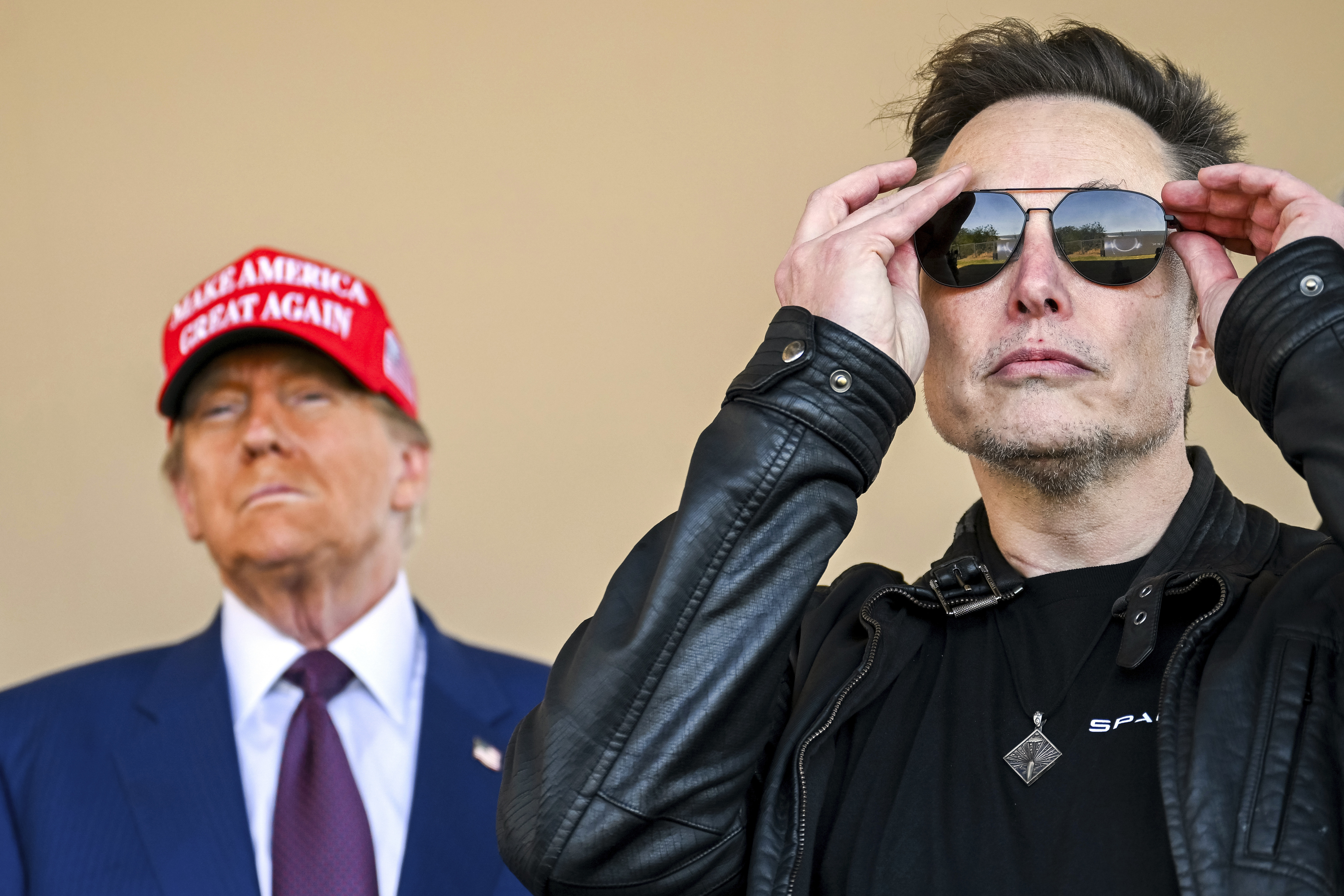Out of the $2.32 billion (2.224 billion euros) that the electric car manufacturer Tesla earned in the fourth quarter, more than a third had nothing to do with the automotive industry, battery and solar energy equipment sales, or software. 34% of the profit came from cryptocurrencies. Specifically, from bitcoin. And these were accounting gains. Elon Musk's company - of which he is also the CEO - had an appreciation of its crypto reserves of $589 million (568 million euros) due to their increase in value.
This went unnoticed by analysts in the results announcement, partly because the focus was, as usual for Musk's company, on announcements of major future projects - which tend to not be achieved on the expected dates, sometimes not even years later, although sometimes not at all - such as the launch of a robotaxi network in Austin, similar to the one Alphabet's subsidiary, Waymo, has in Phoenix, Los Angeles, and San Francisco. Only a passing mention by CFO Vaibhav Taneja that "there was a $600 million benefit in bitcoin market value due to the adoption of new accounting rules for digital assets."
Bitcoin, therefore, saved Tesla. The company's results had disappointed the market, which expected a profit of 76 cents per share, three less than what the company achieved. The world's second-largest electric vehicle manufacturer, after China's BYD, lost market share in the U.S., dropping below 50% for the first time in its history to 44%. In the last quarter of last year, Musk's company's most promising areas were China (which questions Donald Trump's willingness to impose tariffs on that country, given that Musk is possibly the most influential person in his circle of advisors) and... bitcoin.
The inclusion of bitcoin in Tesla's financial statements is a result of a change in U.S. accounting regulations implemented in August, when Joe Biden was president, allowing gains from companies' bitcoin reserves to be considered profits for accounting purposes. Musk, like most of the so-called PayPal mafia - former executives and investors who created the payment system bearing that name and have a significant influence in Silicon Valley - is a strong believer in the future of crypto. In November, virtual currencies surged following Trump's victory.
Trump himself has joined the crypto race. On Wednesday, Trump Truth Media and Technology Group announced the creation of a new entity, Truth.Fi, which will be a platform specializing in offering financial services to the public, especially with crypto. Truth Media and Technology Group owns Truth Social, Trump's social network, which, although listed on the Nasdaq, has never made money and, according to its own IPO documents, "has no plans to do so in the future."
Trump is thus diving headfirst into the crypto world. Although he had already taken bold steps in it. Just 72 hours before his inauguration, Trump launched his own virtual currency, $Trump, on the crypto platform Solana, whose price soared among his followers. The president's financial team put 200 million coins up for sale, while he retained 800 million to be made available to the public in the future. $Trump has no value, cannot be used to purchase anything, and has no backing, but its price soared to $75 on Sunday, the 19th, just a day before the inauguration. This value indicated that the 800 million $Trump were worth, on paper, $20 billion, virtually quintupling the president's fortune.
Since then, trumpcoin has dropped to $20, which still amounts to around $5 billion - a coin that can be used to buy things and invest - for the president, all thanks to that online crypto coin where he appears with a bloodied face after an attack. One reason for the $Trump's decline was the arrival of $Melania, another memecoin - a virtual currency with an image that has been a meme on the internet - which, after soaring above $30, is now at just $2.15.
There are even more striking cases. The black pastor who gave the benediction that closed Trump's inauguration ceremony, Lorenzo Sewell, launched his own memecoin an hour after officiating the ceremony. However, $Lorenzo has had a catastrophic outcome in the market.
Thus, crypto has become the gold mine in the U.S. The White House tenant's bet on these virtual currencies is yielding more than appreciable financial results - although they also pose serious ethical problems - as selling the coins brings in income for him - and Melania - while the value of his crypto reserves can serve as collateral for loans, as long as someone is willing to take the risk of accepting them (although experience shows that heads of state usually obtain very favorable conditions when seeking credit).
Trump's promised crypto deregulation is, therefore, a business for him and his allies. Some experts, like Esward Prassad from Cornell University, fear that cryptocurrencies could become a threat to global financial stability due to their volatility and the fact that they have no backing. While this happens, everything indicates that the party will not stop.
